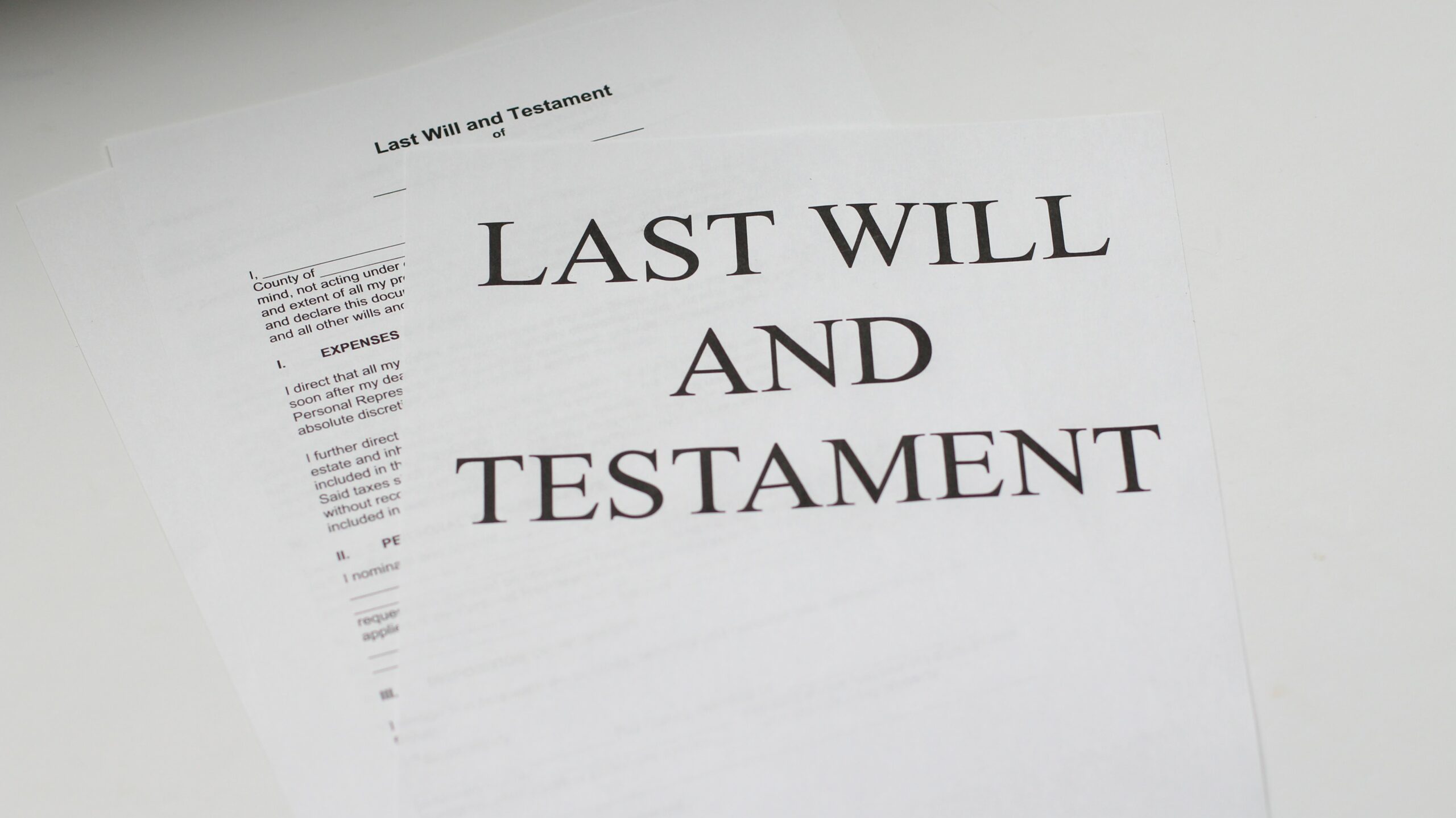When trying to interpret the meaning of surviving child in Texas will documents, heirs often find themselves confused by legal phrasing that seems simple on the surface but carries substantial weight in court. It’s one of those terms that can shape how an estate is divided, who inherits what, and when assets are distributed. And in the world ofprobate law, misunderstanding the meaning of surviving child in a Texas will can lead to real conflict among family members.
In this article, we’re going to break down what this term means in plain English, why it’s so important, and how Texas courts interpret it during estate proceedings. We’ll also share real-life examples, legal insight, and practical advice that will help you navigate wills with confidence—whether you’re a named heir, an executor, or someone trying to understand your family’s estate plan.

Why the Phrase “Surviving Child” Matters in a Texas Will
Let’s get one thing straight: words like “surviving child,” “issue,” and “descendant” are not just filler in a will. These terms carry legal implications that directly affect inheritance rights. In Texas, a “surviving child” typically refers to a biological or legally adopted child who is alive at the time of the parent’s death.
But context is everything.
In some wills, the meaning of surviving child in Texas will phrasing is straightforward: “I leave my estate to my surviving children, equally.” In others, it might be wrapped in legal jargon or written decades ago with outdated family structures in mind. The lack of clarity can lead to disputes, especially if stepchildren, children born outside of marriage, or predeceased children with heirs are involved.
Real-Life Story: When Surviving Child Meant Something Else
Take the case of Michael, a Houston father of three. He had one biological child, a stepdaughter he raised from age two, and another daughter who sadly passed away before him but had two young kids of her own. In his will, he wrote, “I leave all my property to my surviving children.”
When Michael died, the stepdaughter and living biological child both expected a 50/50 split. But the family of the deceased daughter filed a claim, arguing that her children should inherit her share.
The court had to determine: did “surviving children” mean only the kids who outlived Michael, or did it also include the children of his deceased daughter? The answer depended on the intent behind the will, statutory interpretation, and how Texas law defines “issue” versus “children.”
This is why it’s essential to understand the meaning of surviving child in Texas will language—because these words decide who walks away with what.
Legal Definition of “Surviving Child” in Texas
Texas law generally interprets the phrase “surviving child” to mean any child of the decedent who is living at the time of the decedent’s death. This includes:
- Biological children
- Legally adopted children
- Adult children
It does not typically include:
- Stepchildren (unless explicitly named)
- Foster children (unless legally adopted)
- Children of deceased children, unless the will uses words like “per stirpes” or “by representation”
“Per Stirpes” vs. “Surviving Child”
When a Texas will includes the term “per stirpes,” it changes everything. That term means that if one of your children passes away before you, their share goes to their children—your grandchildren.
So if a will says, “I leave my estate to my surviving children, per stirpes,” and one of those children has already passed away, their children (your grandchildren) would receive that share. But if the will simply says “surviving children” without that qualifier, only the children alive at the time of death will inherit.
Understanding the difference between these phrases is crucial when reading or drafting a will in Texas.
What Happens If a Child Dies Before the Parent?
The question of who counts as a “surviving child” becomes especially tricky when a child dies before the parent. Without specific instructions, that child’s share typically evaporates and is divided among the remaining surviving children. But this can vary.
Texas Anti-Lapse Statute
Texas has something called an anti-lapse statute. This law prevents a gift from failing if the deceased child had children of their own. In certain cases, the inheritance passes directly to the deceased child’s descendants—even if the will says “surviving children.”
But the anti-lapse rule only applies if the deceased child is a descendant of the testator’s parent. So, it works for children and siblings, but not for friends or distant relatives.
Again, it all depends on the specific language in the will—and whether the court believes the testator intended for grandchildren to inherit in such a situation.

How Stepchildren Are Treated in Texas Wills
In Texas, stepchildren do not automatically inherit under the phrase “surviving children.” Unless a will specifically includes them by name or clearly defines “my children” to include stepchildren, they’re excluded.
This can come as a shock to blended families. Many parents assume that raising a stepchild is enough for them to be treated equally. But probate court sticks to legal definitions, not emotional bonds.
If you want a stepchild to inherit from your estate, you must name them explicitly or adopt them legally. Otherwise, they won’t qualify under the meaning of surviving child in a Texas will.
Adopted Children and Inheritance Rights
Texas law treats adopted children exactly the same as biological children for inheritance purposes. So if a will mentions “my surviving children,” and one of them was adopted, that adopted child inherits just like any other.
The only exception might be when someone is adopted as an adult or adopted out of the family entirely—like in a closed adoption. Those situations can complicate matters, especially if the adoption severs legal ties with the birth family.
Still, under most circumstances, an adopted child is a full-fledged heir in Texas probate law.
The Importance of Precise Language in Wills
One of the most effective ways to avoid confusion is to use specific names and clarify intentions. If you want all children to inherit equally—regardless of biological status—you should say so. If you want to exclude someone, don’t assume they’ll understand that based on family dynamics.
Good vs. Bad Examples in Wills
Bad Example:
“I leave everything to my surviving children.”
Good Example:
“I leave everything to my biological and adopted children: Sarah, Joel, and Marcus, equally. If any of them predecease me, their share shall pass to their children per stirpes.”
That additional language makes all the difference. It answers questions about who qualifies, what happens in the event of a child’s death, and whether grandchildren inherit by substitution.
Real-Life Probate Case: Clarity Saves the Day
In a Fort Worth probate court, a woman named Elaine passed away, leaving behind three children and one estranged stepson. Her will said, “All of my assets shall pass equally to my surviving children, named as follows: Ethan, Grace, and Carol.” The stepson challenged the will, arguing he was raised as one of Elaine’s own.
Because Elaine used precise, unambiguous language—and named only her biological and adopted children—the court rejected the stepson’s claim. Her intention was clear, and that made all the difference.
That’s a powerful reminder that understanding the meaning of surviving child in Texas will documents is only part of the picture. Drafting with clarity matters just as much.
What to Do If You’re Not Sure Who Qualifies
If you’re the executor of a will and unsure who counts as a “surviving child,” don’t make assumptions. Instead:
- Consult the exact wording of the will
- Review the family tree
- Look for adoption or guardianship records
- Talk to a probate attorney familiar with Texas law

Making the wrong call can expose you to liability, delay the estate process, and strain family relationships. When in doubt, get legal advice before distributing any assets.
Contesting a Will Based on “Surviving Child” Disputes
Unfortunately, these disagreements often lead to will contests. If one heir believes they’ve been wrongly excluded—or that the term “surviving child” was misapplied—they may challenge the will’s validity.
Grounds for Contesting
Common arguments include:
- The testator lacked mental capacity
- The wording is ambiguous and needs clarification
- A newer will exists with different terms
- The will was signed under undue influence

These cases can drag out in court, cost the estate money, and delay resolution for months or even years. That’s why it’s so critical to understand the meaning of surviving child in Texas will interpretation—and address ambiguities before they become battlegrounds.
Final Thoughts: Understanding Family and the Law
The meaning of surviving child in Texas will documents can seem deceptively simple. But as we’ve seen, it’s a term packed with legal nuance, family dynamics, and room for misinterpretation. Whether you’re writing a will, reading one, or trying to carry out its terms, clarity and knowledge are your best tools.
If you’re an heir and unsure whether you qualify as a surviving child—or you’re an executor trying to navigate a murky document—don’t guess. Seek out professional guidance, read the will closely, and always consider the human story behind the legal language.
Because in probate court, what’s written in black and white can shape your legacy for generations.








